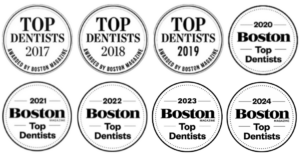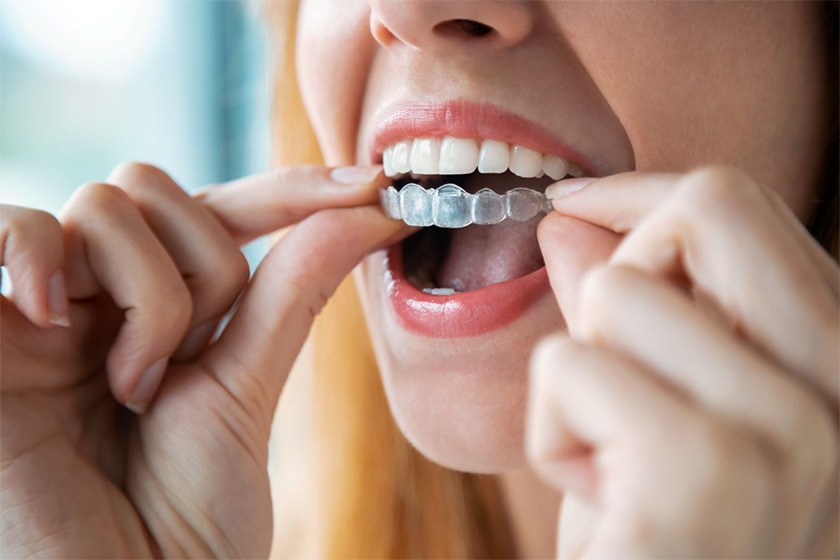Dental implants are a popular option amongst patients looking to improve their smile or fix problems with missing teeth.
But before you become a candidate for treatment, it is important that you know everything there is to know about the dental implant process.
This will make it easier to prevent misunderstandings between yourself and the dentist and avoid any possible complications during the procedure.
In this article, we’ll cover everything you need to know regarding dental implants so you can feel confident in your decision.
Who Can Have Dental Implants?
When it comes to dental implants, one of the most common questions is “Who can have them?”
The answer is simple: anyone with enough bone and gum tissue to support a dental implant. However, some factors can affect whether someone is suitable for dental implants.
For example, if you have gum disease or other conditions that prevent your gums from healing properly, then you may not be able to have a dental implant.
What to Do Before the Procedure?
Before you get a dental implant, it’s important to do some research. This will help ensure that you are fully informed about the process and understand your options.
You should also ensure that you have a dental plan in place, as this can help cover the cost of the implant. Dental implants can be expensive, so it’s important to be prepared.
Next, you will need to find a dentist who specializes in placing implants. It’s essential to look for someone with experience and good ratings.
Finally, you should make an appointment with your dentist. They will examine your teeth and jawbone at this appointment to determine if dental implants are right for you. If they are, they can schedule you for the procedure.
During your appointment, also make sure to ask your dentist what to do before the procedure. Ask if you need to get any tests done and if there are any medications that you should stop taking.
What to Do After Your Dental Implants?
After dental implants, it’s essential to know what to do next. Here are a few tips to help you along the way.
1) Take Care of Your Mouth
It’s important to keep in mind that dental implants are foreign objects in your mouth, so you need to take care of them. Ensure to brush and floss regularly, and visit your dentist at least once a year for an exam.
2) Avoid Tooth-Biting Activities
After getting dental implants, one of the biggest mistakes people make is biting down on hard foods like carrots or apples (or even harder foods like nuts). While it’s tempting to bite into things to test how well your new teeth work, avoid doing this until your oral surgeon gives you the go-ahead. You can also talk with your doctor about wearing a night guard while sleeping if you feel like grinding too much at night.
3) Use the Right Hygiene Products
If you’re using toothpaste or mouthwash after dental implants, make sure that it has fluoride—this will help protect against bacteria and decay.
4) Listen to What Your Dentist Says
Your dentist will give you specific instructions on how to care for your implants. Listen to their advice and follow it, even if it’s inconvenient. If they tell you not to eat certain foods or drink certain liquids, don’t do it—even if it makes your mouth feel weird at first.
Conclusion
Fixing your smile can be done in many ways, and we hope this article has helped you determine whether or how dental implants might help you.
We’d love to tell you more about the process. If you have any questions, please don’t hesitate to contact Lexington Smile Studio. We are an award-winning cosmetic dentistry in Lexington that can help you find the right solution.






